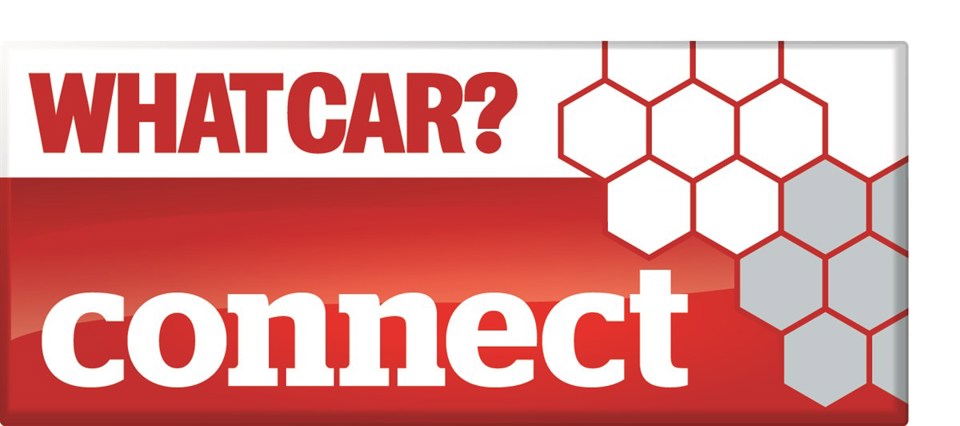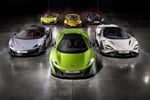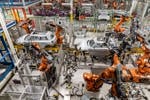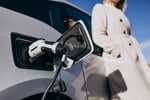AM has teamed up with What Car? Connect, the data marketing and insight service, to produce a monthly look at used car sales and target price data.
This month luxury cars are under the spotlight. It remains the most discounted segment.
"Luxury cars are the market’s most discounted new models. The average Target Price discount on these cars is 13.7% or £10,308 per car, which is 4.3% above the 9.4% of the market as a whole.
Luxury models have been the most discounted models for months, BMW leading a surge in reductions a year ago with cash bonuses of up to £19,000 per car.
These big reductions forced rivals to increase their incentives to avoid losing share, resulting in an average luxury car discount of 17% six months ago. BMW’s move was unexpected, the company usually limiting discounts to protect residual values.
But luxury car reductions have eased over the past four months. BMW has again led the way, its dealer bonuses falling to a still-hefty £11,250 per car. Further shrinking of discounts is expected through 2015.
Not all the luxury players have pursued a high discount strategy, the typical discount on the Lexus LS and latest Mercedes S-Class just 6%. But the largest individual model discount goes to BMW’s ActiveHybrid 7 SE, available with 24.2% off, and of the six models offered in the luxury sector four are typically available with double-digit discounts.
Top five average 'Target Price' discounts
BMW 7 Series: 19.5% / £13,671
Audi A8: 19.2% / £13,362
VW Phaeton: 15.7% / £8652
Jaguar XJ: 13.0% / £9106
Mercedes S-Class: 6.3% / £5457
Finance incentive highlights include an £11,200 deposit contribution on Audi A8s purchased using a 4.9% APR Audi PCP, a four-year, 0% APR PCP deal and a discount of up to £11,250 per car on the BMW 7 Series and a £12,900 deposit allowance on Jaguar XJs bought using a 4.9% APR PCP.
Selling luxury cars without discounts has long been a struggle. In the past sales have been won with a mix of reasonable discounts and large, behind the scenes finance incentives. That approach has largely been abandoned over the past year, but manufacturers are now attempting to return to their previous, less expensive tactics.


















Login to comment
Comments
No comments have been made yet.